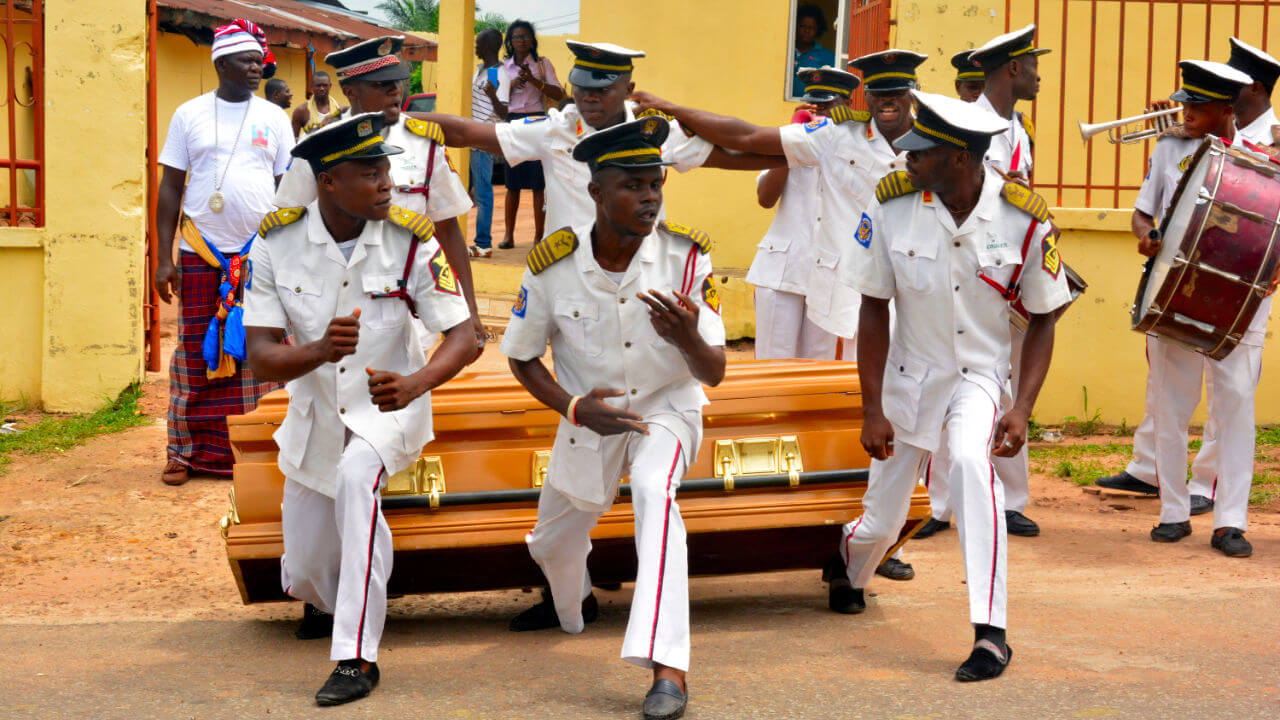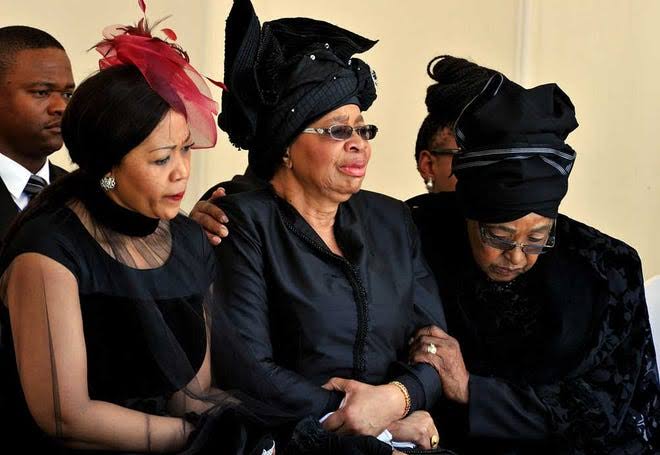Anambra State government has reiterated its resolve to enforce the burial law enacted in 2019 to control burial activities in the state.
Prime Business Africa reports that the law passed by the Anambra State House of Assembly and signed into law during the tenure of former governor, Willie Obiano, has become contentious in recent times with the insistence of Governor Chukwuma Soludo’s administration on enforcing the provisions.
Among other things, the law seeks to curb the economic and social burden associated with funeral/burial activities in the state and nip in the bud, all forms of criminalities, deprivation, and margainalisation that could emanate from it.
Prime Business Africa’s VICTOR EZEJA writes on 20 important provisions of the law to know including offences that attract imprisonment and fine as punishment upon conviction.
1. The law provides for the Registration of Burial/funeral ceremonies of deceased persons in the state with a fee of ₦1,500 payable to the town union.
2. The law banned the erection of any kind of billboard, banner or poster of a deceased person (s) in the state. It only allowed the mounting of directional posts but should not be done seven days before the burial date and should be removed not later than seven days after the burial date.
3. The law says that any person who violates the provisions shall upon conviction pay a fine of ₦100,000 or go to jail for six months, or both.
4. The law warned that any corpse deposited in the mortuary or other places for preservation cannot stay beyond two months.
“All mortuary attendants are by this Law, bound to report to the Ministry of Health of any corpse which has
stayed beyond one month from the date it was deposited,” section 6(2) stated.
It also says that any person who contravenes the provisions of the Section shall be upon conviction, pay a fine of ₦100,000 or imprisonment to a term of six months or both.
5. The law also frowned on blocking roads/streets for the purpose of burial/funeral ceremonies. It said such can only be done with permission from the appropriate local government authority.
6. Section 8 of the law banned the display or advertisement of caskets for the purpose of fabrication and sale in the State and warned that any person who violates the provision shall upon conviction pay a fine of N50.000 or imprisonment to a term of one month or both.
7. The law prohibits the imposition of penalty on the deceased family in excess of N500. It says “There shall be no imposition of penalty on the family of the deceased person on the day of burial.”
It, however, states that the family of the deceased shall clear outstanding levies owed to the community or religious body before the funeral ceremony.
8. The law also banned wake-keep of any kind for any deceased person in the state, adding that all vigil-mass/service of songs/religious activity for the deceased before burial shall end latest by 9 pm.
9. The law also restricts food, drink, live band, and cultural entertainers during and after any vigil mass/service of songs/religious activity for the deceased.
10. On the day of burial, it says all embalmed corpses are not to be exposed for more than 30 minutes.
READ ALSO: Anambra Chieftaincy Dispute: Achebe Accuses Soludo’s Govt Of Bullying Traditional Rulers
11. The law also prohibits second funeral rites after burial except in the case of legacy.
12. The law also says funeral undertakers should not be more than six in number and there should be no undertakers’ display during the burial ceremony.
13. Burial/Funeral ceremonies for any deceased person in the State shall be for a day, adding that umuada (female relatives) of the deceased person’s family shall stay only on the day of wake keep and the burial/funeral.
14. The custom of youths demonstrating with the deceased person’s picture within and around the town/city during funeral/burial ceremonies is also prohibited.
15. The law also says there shall be no funeral/burial on any local market day of every town in the State, adding that the provision of food/drinks during the funeral/burial is not compulsory, but at the discretion of the bereaved family.
16. The law banned the use of any type of gun(s) apart from small cannon (nkponani) during funeral/burial adding that no funeral brochure should be made except for the Order of Mass/Service.
17. It also says that no relation of the deceased shall be subjected to a mourning period of more than one week from the date of burial/funeral.
18. “No person shall destroy or cause to be destroyed any cash crops, economic plants, household utensils and properties of any kind by youths, condolence visitor, masquerade or any other person,” says the law.
19. The law also states that the magistrate court shall, to the exclusion of any other court, have original jurisdiction over matters specified under the Anambra Burial Law.
20. It also provides for the establishment of a monitoring/implementation committee in every town to be headed by the President-General to enforce the law. It warns that “Any person who obstructs or causes to be obstructed the duties of the Implementation Committee, commits an offence and is liable on conviction to a fine of ₦50,000 (Fifty thousand Naira).”
Victor Ezeja is a passionate journalist with seven years of experience writing on economy, politics and energy. He holds a Master's degree in Mass Communication.


















Follow Us